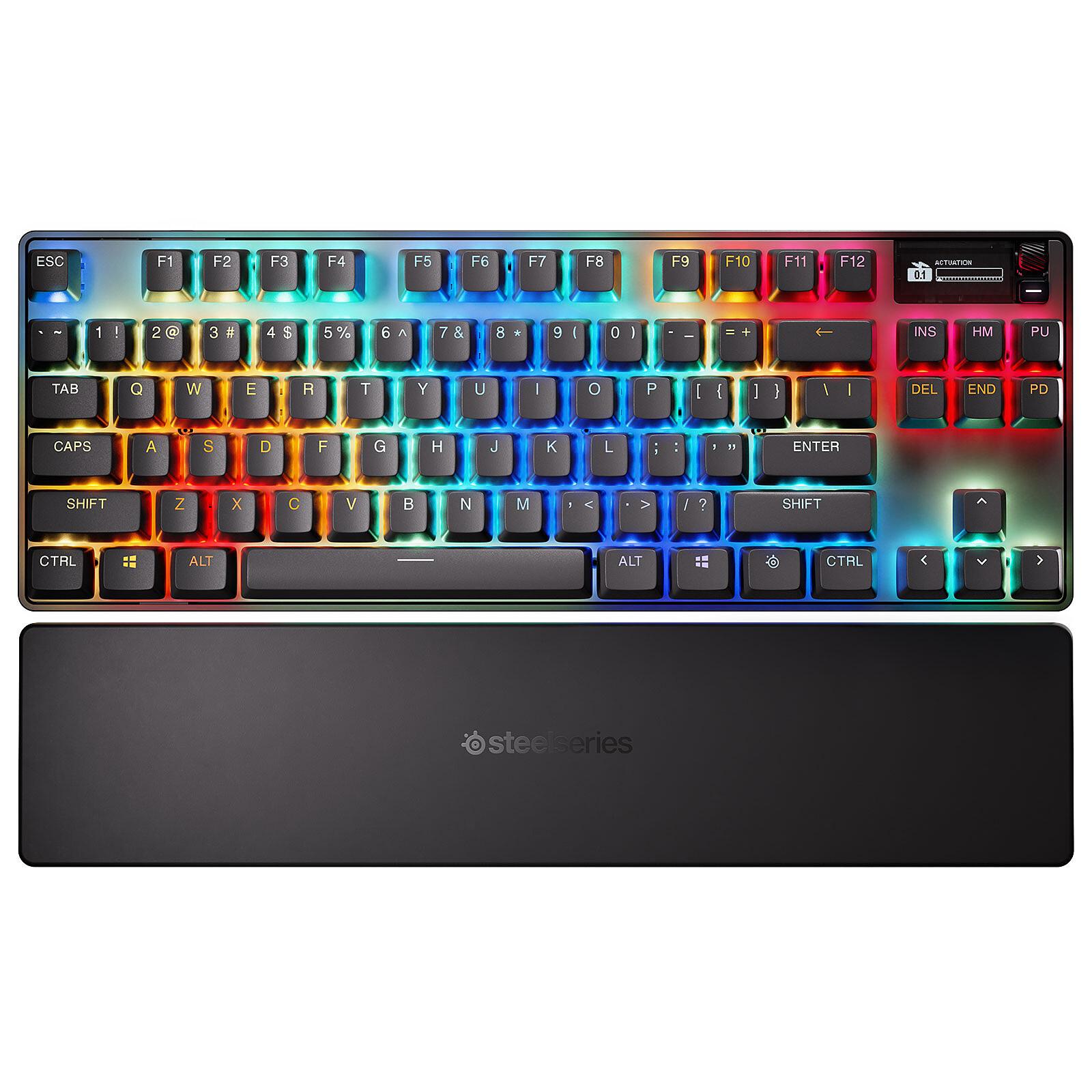For many professionals, the keyboard is the most frequently used tool of the day. Hours of typing emails, drafting reports, and coding make it more than just an accessory—it’s a key factor in overall productivity and comfort. Choosing the right gaming keyboard isn’t just about playtime; it’s also about creating a workspace that supports efficiency and reduces strain.
Ergonomics and Comfort
A poorly designed keyboard can lead to wrist strain, finger fatigue, and even long-term issues like repetitive strain injuries. Ergonomic keyboards are built to reduce stress on the hands and wrists, encouraging natural movement.
Mechanical boards, in particular, provide tactile feedback that requires less force to register keystrokes. This reduces fatigue over long typing sessions, making them ideal for professionals who spend the majority of their day at a computer.
The Efficiency Advantage
Productivity often comes down to speed and accuracy. Mechanical keyboards give a clear edge by providing distinct actuation points. This means typists can work faster without needing to bottom out every key.
In comparison, membrane keyboards may feel mushy and less responsive, which can lead to more mistakes. By minimizing errors and enhancing speed, the right keyboard directly contributes to higher efficiency.
The Role of Switch Types
Not all professionals have the same needs. Writers may prefer tactile switches that offer clear feedback, while developers might enjoy linear switches for smooth and consistent performance.
For example, compact and performance-focused options like the Redragon K552 are increasingly popular among professionals because they balance durability with comfort, offering a productive typing experience in a small footprint.
Switch choice is not just technical—it affects the rhythm of work, making tasks more engaging and less draining.
Noise Considerations in Office Spaces
One drawback of mechanical keyboards in professional settings is noise. Clicky switches, while satisfying for enthusiasts, may distract coworkers. Fortunately, quieter switch options and dampening modifications make it possible to enjoy mechanical benefits without disrupting the office environment.
This adaptability ensures that professionals can find a keyboard suited to both their preferences and workplace culture.
Mental and Emotional Impact
The psychology of typing cannot be overlooked. The sound and feel of a satisfying keyboard create a rhythm that can increase focus and reduce monotony. Many professionals report that using a keyboard they enjoy makes long hours at the desk more bearable and even enjoyable.
A comfortable typing experience fosters a sense of flow—when work feels natural and uninterrupted, productivity naturally increases.
Long-Term Investment in Productivity
While premium keyboards may cost more upfront, they are an investment in long-term productivity and health. Mechanical boards often last for tens of millions of keystrokes, far outlasting standard membrane models.
For businesses, providing employees with high-quality keyboards can reduce fatigue-related mistakes and boost efficiency, making it a cost-effective choice in the long run.
Final Thoughts
The right keyboard is more than a tool—it’s an enabler of productivity, comfort, and focus. From ergonomics to efficiency, the choice of keyboard directly impacts how professionals work and feel during long hours at the desk.
Whether it’s a tactile board for writers, a smooth linear option for coders, or a compact design for minimal setups, investing in the right keyboard pays dividends in both performance and well-being. And with a variety of options available through Qbit, finding the perfect balance between comfort and efficiency has never been easier.



